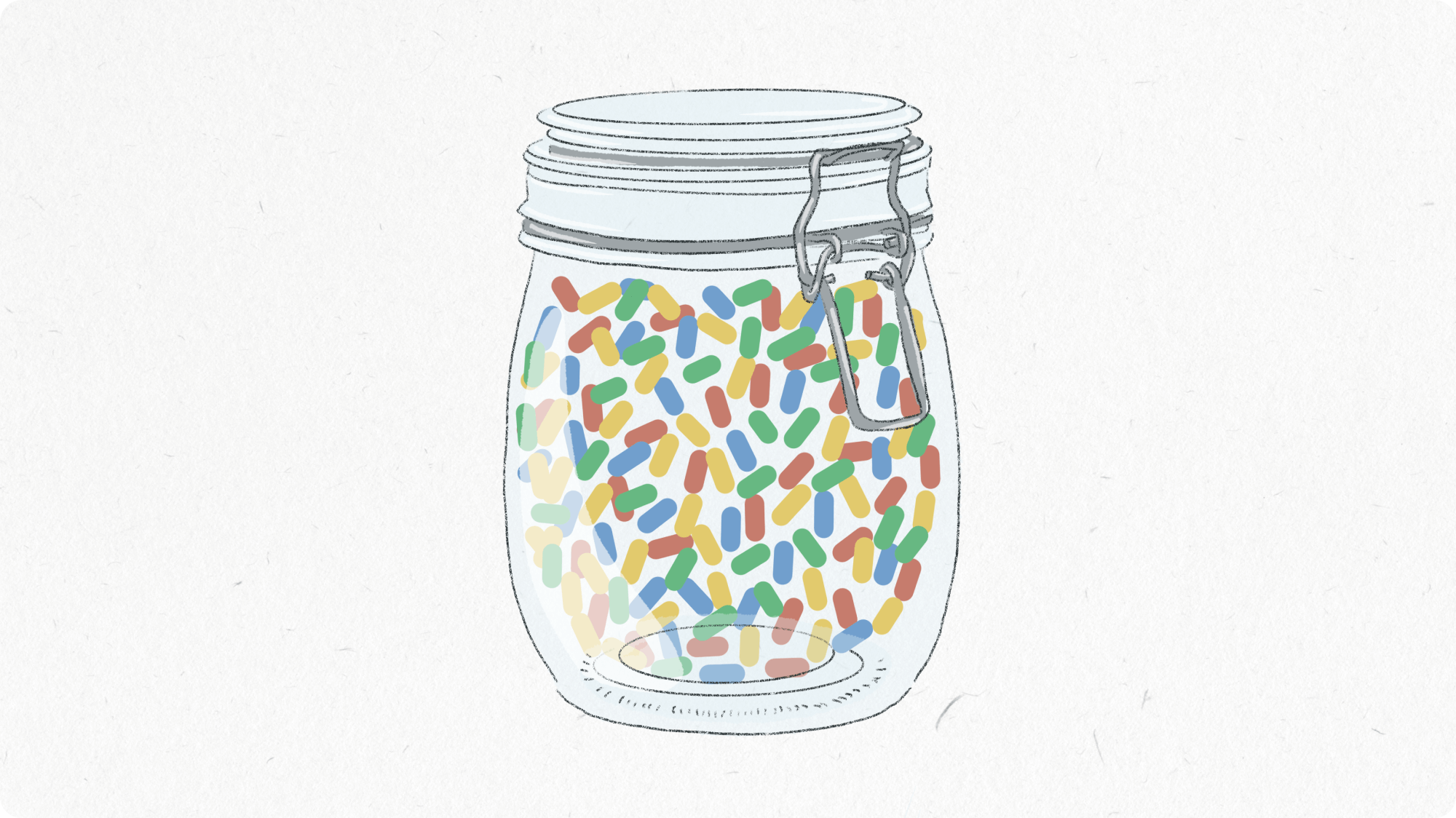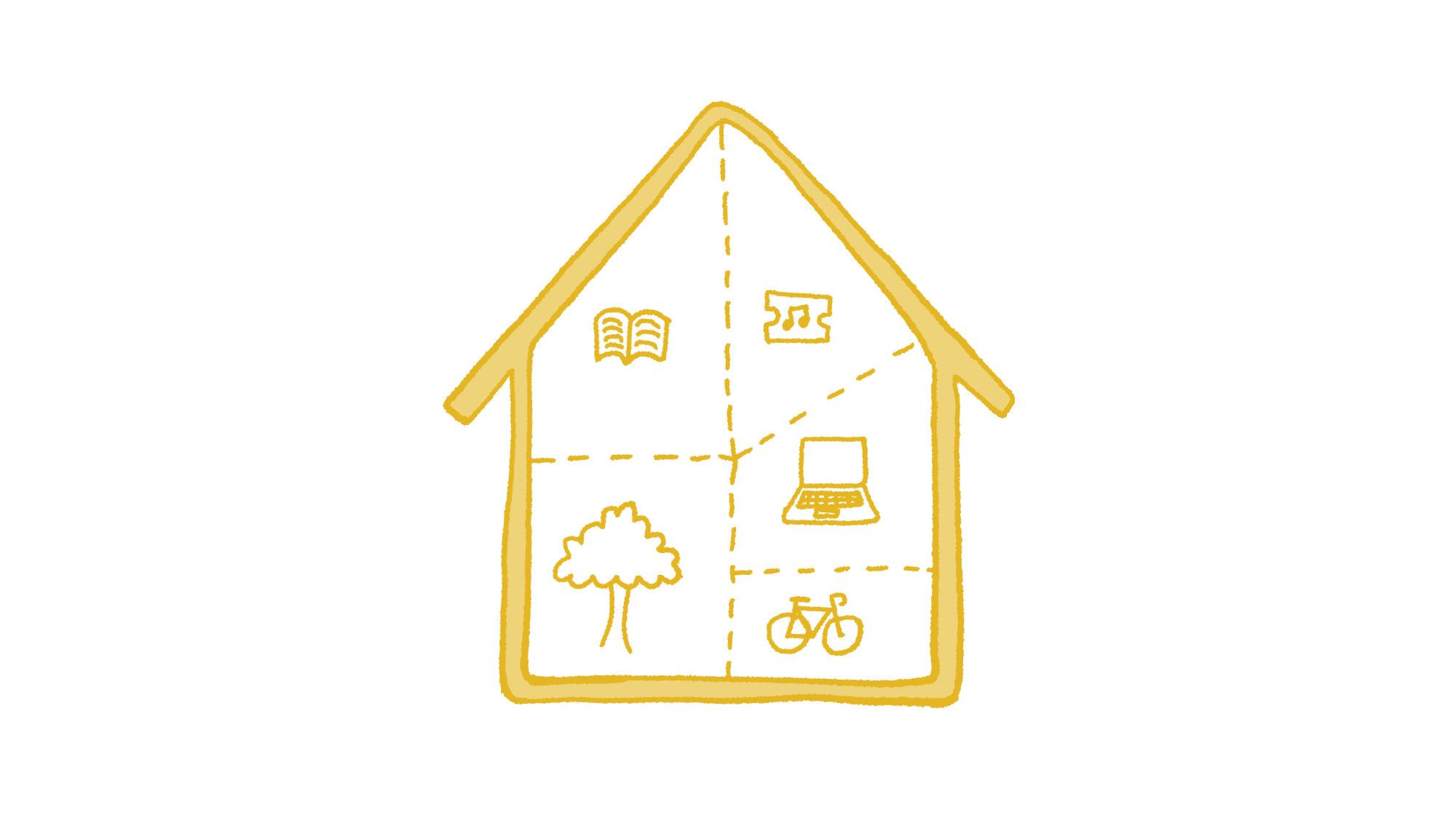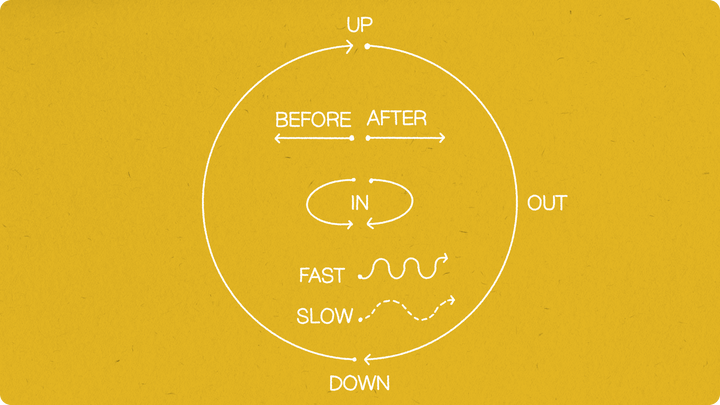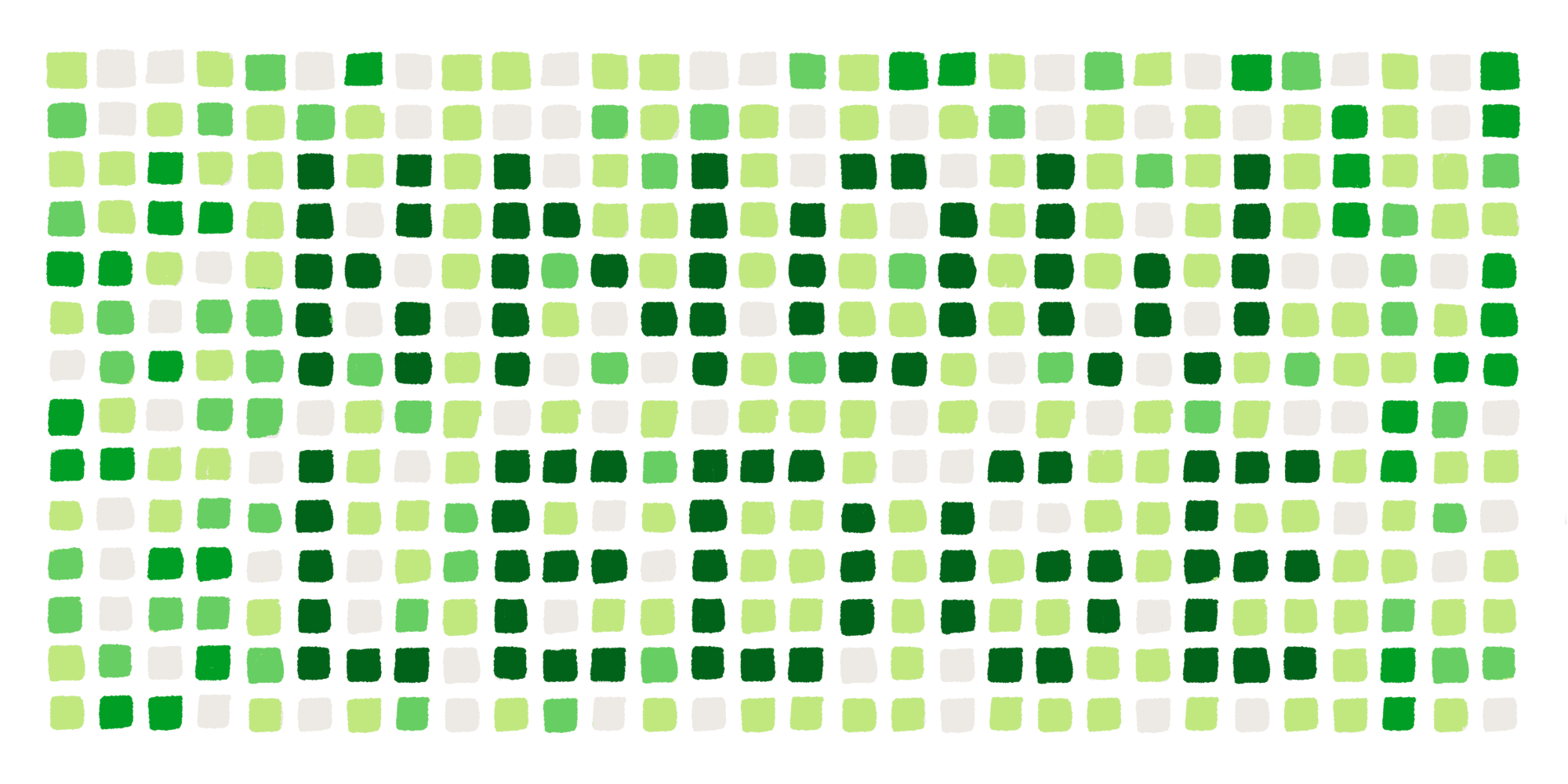Lottocracy and Jelly Beans
Instead of choosing the politicians, what if we chose the policies?

Lottocracy
I re-stumbled onto the concept of a lottocracy recently. Imagine taking the idea behind jury duty but applying it to decision-making across government levels.
"We decide the fate of a person this way, why not the fate of the people?"
—Michael Stevens, The Future of Reasoning, VSauce
A lottocracy is "a form of government where decisions are made not by elected leaders, but by people literally chosen at random."
The idea of a lottocracy (also referred to as sortition) is one that promotes equality over hierarchy, diversity over exclusivity, and the extrinsic over the systemic. And while some might find this too big of a change, we could treat it as a council that only produces recommendations, at the very least.
This could prevent politics from further becoming an industry, where campaigning has become literal advertising, and where politician is a job title you can buy your way into. (Isn't it crazy that of all the professions, politician is one of those which you can just self-declare you are knowledgeable in, rather than being licensed in some way, or bound to some kind of code of ethics, you know, like doctors, lawyers, even architects! —Fascinating that you can pay your way into becoming a world leader.)
In a lottocracy, there would be great incentive to treat each citizen equally because we'd be selected at random every time a decision would have to be made. Another positive is that the population would overall become more conscious of, implicated in, and accountable for their political role, therefore power.
"Special interests and corporations wouldn't be able to cozy up to those likely to be elected because if any one of us could someday serve, they'd have to cozy up to and protect... all of us."
The Jelly Bean Experiment
To me, all of this resonates with the jelly bean experiment. In the jelly bean experiment, people were asked to estimate how many jelly beans were in a jar. As far as the individual guesses would stray from the actual number, a very special pattern kept happening. When aggregating all the answers, scientists found that the average always ended up surprisingly close to the truth.
This is also referred to as the "wisdom of the crowd". Where if you take the average of all the guesses, you get a value that's much closer to the truth than any individual answer. There is real force in the number of people when making a decision. Quite counterintuitively, the many are smarter than the few. I guess the Greeks were on to something when they came up with voting and elections. Instead of choosing the politicians, what if we chose the policies?
The Best Way Into the Future
These ideas, the principles behind a lottocracy and the wisdom of the crowd effect, both support a theory I've been playing with myself. At one point I thought, if we could just hear every single voice before deciding how to change the world, we'd ensure the greatest diversity is represented and considered in the policies required to make the change happen. It's fair to say that the "best" way to head into the future would be to take stock of every single person's situation and context and account for everyone. Now, "best" does not mean easy, or even possible for that matter. But theoretically, this would indeed be the best way to ensure the greatest number of satisfactory decisions for a society.
What if we took the jelly bean experiment further and asked the greatest number of people how they think we should save the world. Start with the biggest most global census ever made. And then we took all the opinions and abstracted them to objective criteria on different scales to pull out the average and, theoretically, the most true answer. (Although I do have thoughts on quantifying the unquantifiable) Some opinions would be more leftist, more capitalistic, less sustainable, but maybe, just maybe, this is a shortcut to the truth.
It's also possible for the average to amount to nothing more than the way things currently are. Interesting, right? Then, that would mean that as a whole, we don't want things to change. We want for the future what we currently have. Which is in itself a huge effort. Maintaining the state of things without further destruction of nature, without further injustices is no small ask. A lot of regulation needs to be put in place for things to stay the same.
But would it be a real picture of the truth? The "average" middle ground excludes so many extreme opinions, whether good or bad. They all get rounded off, blurred out of the end result. I wonder in how many scenarios the jelly bean experiment holds true and up to which scale it stops being a relevant conveyor of truth. Wikipedia proposes an explanation for the wisdom of the crowd effect; "[...] there is idiosyncratic noise associated with each individual judgment, and taking the average over a large number of responses will go some way toward canceling the effect of this noise." Maybe it's just a matter of cancelling some of that idiosyncratic noise.
Further Reading
- I like how this r/Lottocracy post addresses common concerns
- The full video from VSauce is worth a watch



